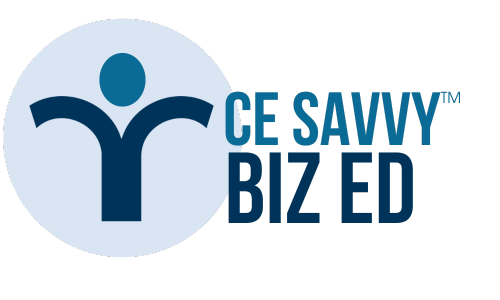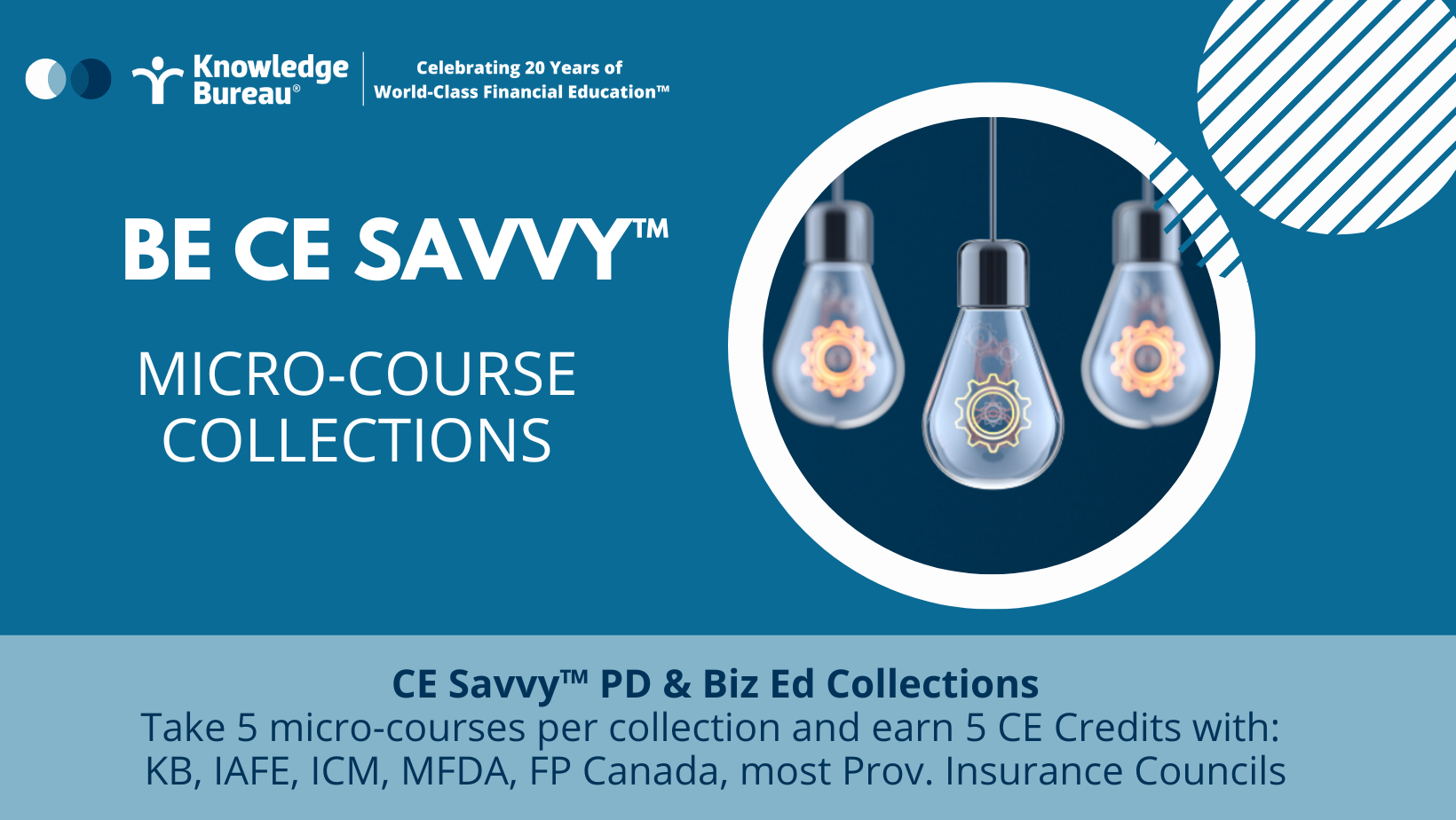Last updated: July 10 2024
Get Started Now: How to Choose a Trusted Advisor

With a very challenging tax season behind us and more complexity on the horizon with new tax rules, business owners would be wise to take the opportunity in the “off season” to re-think wealth creation in an asset class that others don’t have: the equity in a business enterprise that some day may be sold for millions of dollars. There are new opportunities to arrange ownership structures to use a new $1.25 Million Capital Gains Exemption or the new Canada Entrepreneur’s Incentive, in addition, the new capital gains inclusion rates, the Alternative Minimum Tax (AMT) and new intergenerational business transfer rules to consider. This requires the help of a trusted financial advisory team. Who should be on that team and how do you find them? Here are some tips:
Who Should Be on the Team? This is important, because you may need to pull in different financial specialists at different times, as you grow your business and your wealth and personally transition through various life events: births, deaths, marriages, divorces, incapacity, revenue windfalls, employment starts and stops. From a taxation point of view, the tax specialist and legal advisor need to be involved. But when it comes to succession planning, a business valuator and/or insurance specialist may be brought in.
How Do You Choose the Team? How to assemble this team and make sure they are all on the same page helping you get the results you want can be as difficult as assembling the right executive team in your business. It’s important to ask the right questions and work on the same strategic plan with each of these stakeholders, and this needs to be managed by a knowledgeable “Real Wealth Manager” to keep the plan on track. Done well, the results can be phenomenal.
How to get started. Begin by listing your financial triggers: What are the upcoming events that will cause you to want to make decisions about your money. Commonly, these fall into three main categories and several subcategories, as listed below:
|
LIFE EVENTS |
FINANCIAL EVENTS |
ECONOMIC EVENTS |
|
Births |
First Job |
Inflation |
|
Education |
Signing Bonus |
Interest Rate Changes |
|
Back to School |
Severance |
Market Volatility |
|
Car Purchase |
New business |
Supply Chain Disruption |
|
Home Purchase |
Business closure |
Labor Market Disruption |
|
Marriage |
Business sale |
Tax Change |
|
Divorce |
Business succession |
Political Change |
|
Disability |
Business acquisition |
|
|
Death of Loved One |
Inheritance |
|
|
Emigration |
Lawsuit |
|
|
|
Tax Debt |
|
|
|
Tax Audit |
|
|
|
Personal Debt |
|
- Next, make a list of the financial advisors you need to talk to about your top, most burning questions. For example, you may need to include tax accountants who specialize in personal, corporate, trust and cross-border taxation, legal advisors who specialize in personal, tax and corporate law, banking specialists, personal and business wealth advisors, insurance specialists, business valuators and succession planning specialists, to name a few.
- Seek referrals. Ask your family, friends, business mentors and/or associates for references to the financial professionals on your list. Ask them why/how they have had good or bad experiences. What area of specialization was particularly helpful to life, financial or economic circumstances that were encountered?
- Understand service levels. Bookkeepers may or may not offer tax preparation services; personal tax consultants may not be experienced in corporate, trust or cross-border matters; legal advisors may specialize in drafting contracts on intellectual property management, but not wills or representing you to the Tax Court of Canada.
- Interview at least three. Talking to at least three professionals in each category of specialization may seem like a lot of work, but it will help you to receive a broad sampling of important factors in a long term relationship: potential quality and bread of service, how interested the advisor is in acting as an educator and mentor and most important, signs of stewardship – a client-first approach that makes you feel comfortable in discussion of goals and those simple but important questions without feeling intimidated.
Consider: Does the advisor have questions for you? Are there suggestions forthcoming that add value to you? Can you learn from this person? Will this person be a trusted stakeholder  to help you meet your personal and family goals, as well as your business goals?
to help you meet your personal and family goals, as well as your business goals?
- Consider the Network. Does your prospective financial advisory team come with a broad referral network? That’s important as your business grows and as your needs change within the family.
- . Paying professional fees can be a great wealth eroder, or the smartest investment you can ever make in helping you reach your goals. Find out what the fees are for the various services or investment structures you will need, how they are charged and when, and don’t be shy about this.
- Give a Trial. Ask the advisors you are thinking of working with to do a small job for you as a starting point. Evaluate the quality of the work, ability to meet your deadlines and the solution itself and how it was all communicated to you. Was there as solid follow-up and accountability standard? This person is poised to work with you in trust over a long period of time; and the trial needs to have great results. Review the accuracy of the work and whether it meets the intended scope of the assignment.
- Make your Decision. Choose the advisor(s) you are most comfortable with. One of them will likely evolve to become the most trusted advisor and may, over time, help you manage the entire advisory team as your needs grow.
- Seek the services of an RWM™ - a Real Wealth Manager. Fortunately, those professionals are now more easily found with the emergence of the RWM™ designation program and the graduation of more qualified professionals across the country. Trained to be the trusted advisor who leads the multi-stakeholder team tied to your strategic goals, the RWM™ will keep you, your family and your advisors on plan and trending towards successful accumulation, growth, preservation and transition of wealth, after taxes, inflation and fees like interest costs, the cost of investing and legal fees.
Bottom line: You can’t do everything yourself. This applies to your business as well as your personal wealth management goals. Choosing a professional financial advisory team is important. It can exponentially help you build wealth. But in addition, having someone manage that plan is a critical first step. This can set up your personal and work family to carry on in the way you intended, should something happen to you and in the meantime, stay on course to follow a strategic plan to financial peace of mind .
Additional Educational Resources: Check out the following new Designation Program from Knowledge Bureau, as valuable to advisors as it is to their business owner clients who may very soon be high net worth clients as they build equity in their business:
Real Wealth Management Program. Featuring 18 chapters on why people build wealth, and sound introduction to personal, corporate tax fundamentals and how to build a “family office” that focuses on multi-generational wealth. Check it out here and save $100 when you register in this excellent online course before the end of the month.
“Being a Real Wealth Manager™ and belonging to the Society of RWM™ allows me to work with like minded professionals to continue to help our clients have the best possible tools available to them to improve their overall goals and aspirations for their own wealth and their family’s wealth.”
- Theresa Wever, MFA™, CFP, EPC, RWM™, Branch manager & Financial Advisor, Wever Financial
